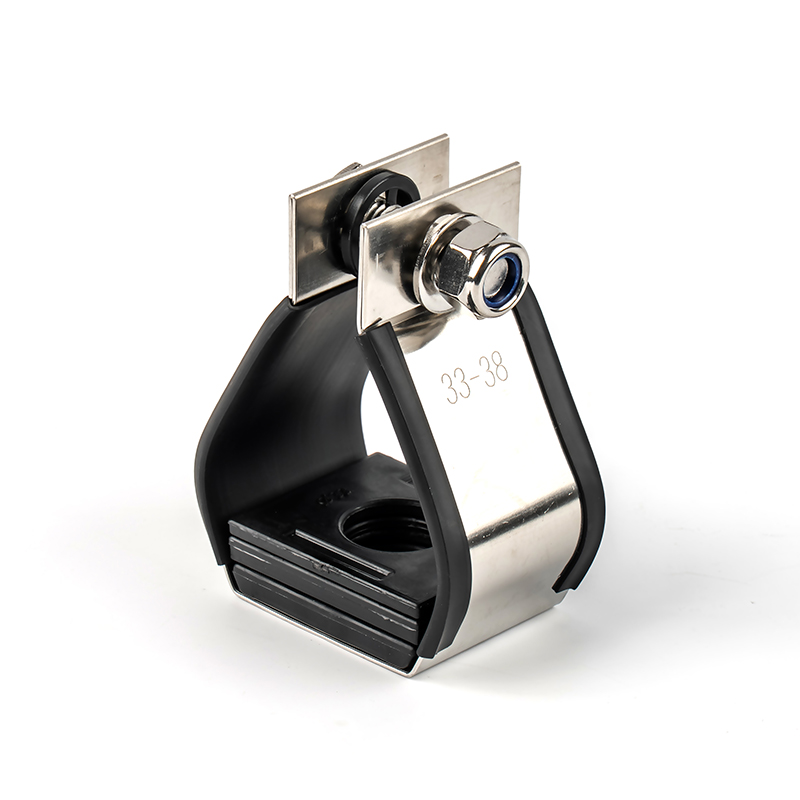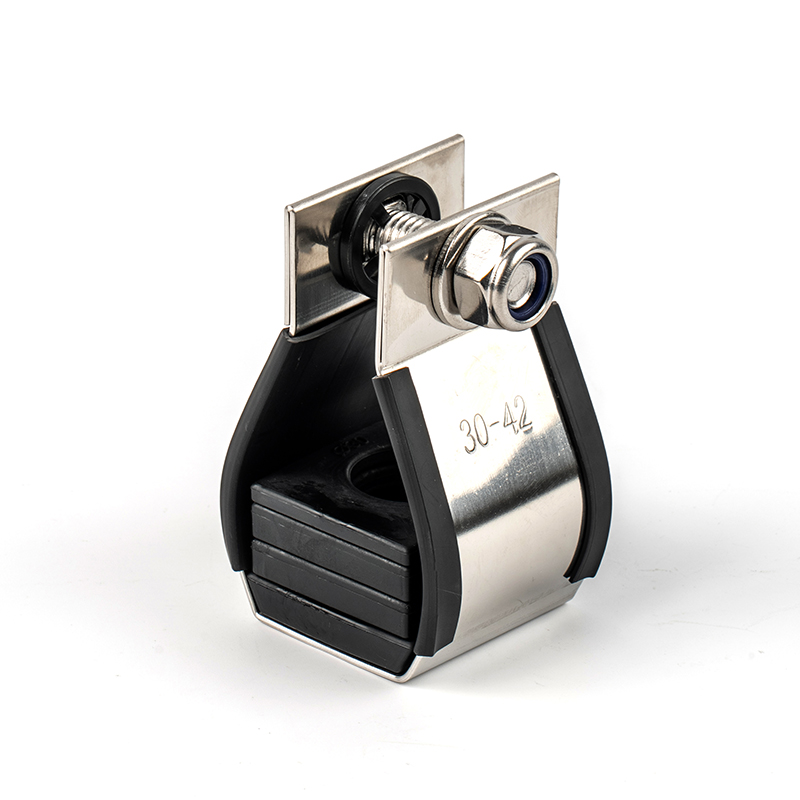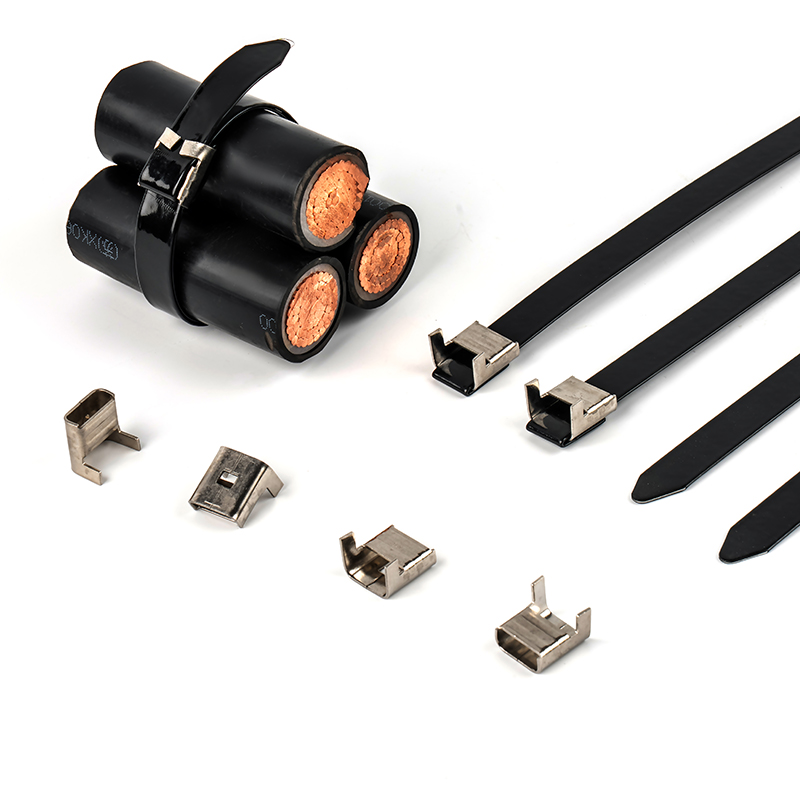+86-0575-8215 2808
/8200 8688/8239 2526

The single cable Cleats made of 316 stainless stee...
View more
Manufactured from high-grade 316 stainless steel, ...
View more
Brand Name: FengfanApproved Certificate: DNV &...
View more1. Rubber and Metal Tower/Pole Downlead Clamps
Rubber clamps for ADSS cables and metal clamps for OPGW cables, respectively, cater to different cable diameter ranges.
2. Linear Clamps and Tension Clamps
Linear clamps are used to secure the main material at the cable hanging point; tension clamps offer a higher breaking load and are suitable for large spans or high-tension applications.
3. ADSS-Specific Clamps
These include tangent clamps, eyebolt clamps, and single-layer pre-twisted wire tangent clamps, optimized for different cable diameters and spans.
Fiber Optic Cable Splice Closures (Metal/Plastic)
Intermediate and terminal splice closures are available for poles and towers, and are made of aluminum alloy or plastic. They are waterproof, moisture-proof, and corrosion-resistant, ensuring the long-term reliability of fiber optic splices. With this diverse range of hardware, Zhejiang Fengfan Cable Fittings Co., Ltd. can provide customers with a one-stop solution, meeting all needs, from low voltage to high voltage, and from land to sea.
1. Regular Visual Inspection
Inspect the hardware surface at least once a year for corrosion, cracks, deformation, or looseness, paying particular attention to the insertion and removal of fasteners and connectors.
2. Cleaning and Protection
Use a clean, soft cloth to remove dust, avoiding the use of hard tools or chemical solvents. During storage and use, keep the equipment dry and cool to prevent prolonged exposure to sunlight or humidity, which may cause rust.
3. Functional Testing
Perform on-site functional inspections of the hardware for corrosion resistance, wear resistance, and tensile strength to ensure compliance with national quality standards (e.g., appearance, materials, labeling, and packaging). 4. Troubleshooting and Recordkeeping
If you discover a poor connection or loose fastening, first check the tightness of the hardware and the optical cable itself for damage. Replace damaged parts if necessary and maintain maintenance records for traceability and continuous improvement.
Zhejiang Fengfan, with its strict quality management system and comprehensive after-sales service, provides customers with professional maintenance guides and technical support, helping users extend the life of hardware and reduce operating costs.